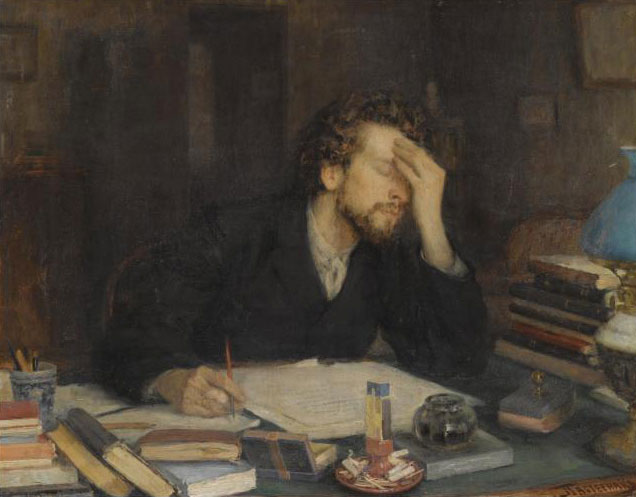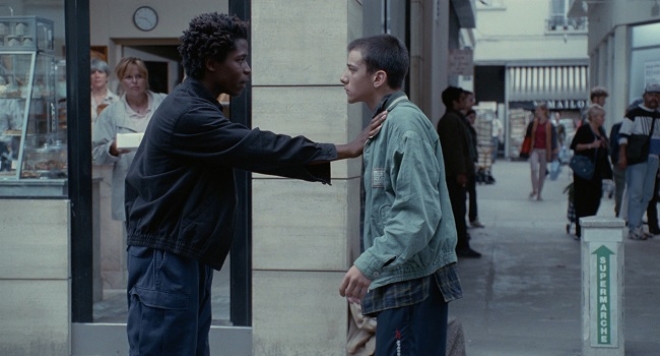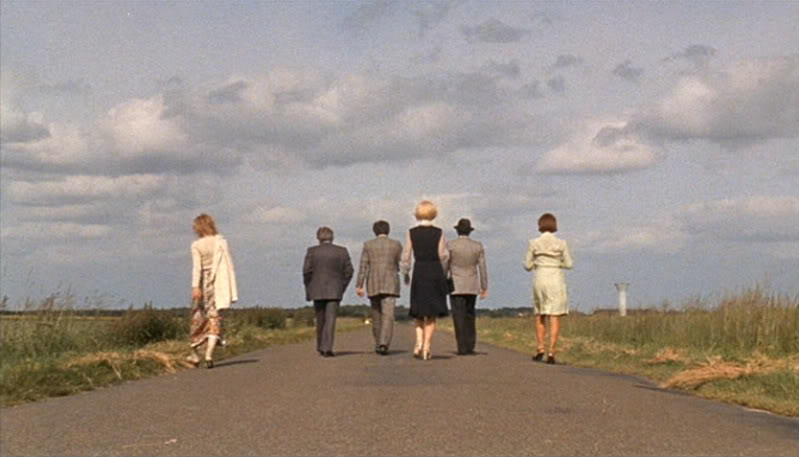
2023 Review
It’s that time of year once again when I look back on everything I’ve watched and read (and wonder whether I should really get out more). While my interests have become a kind of prison, I couldn’t hope for a more entertaining one. So, here’s my review of 2023. Thank you for reading my work throughout the year, wherever you may have seen it. Cinema … Continue reading 2023 Review









